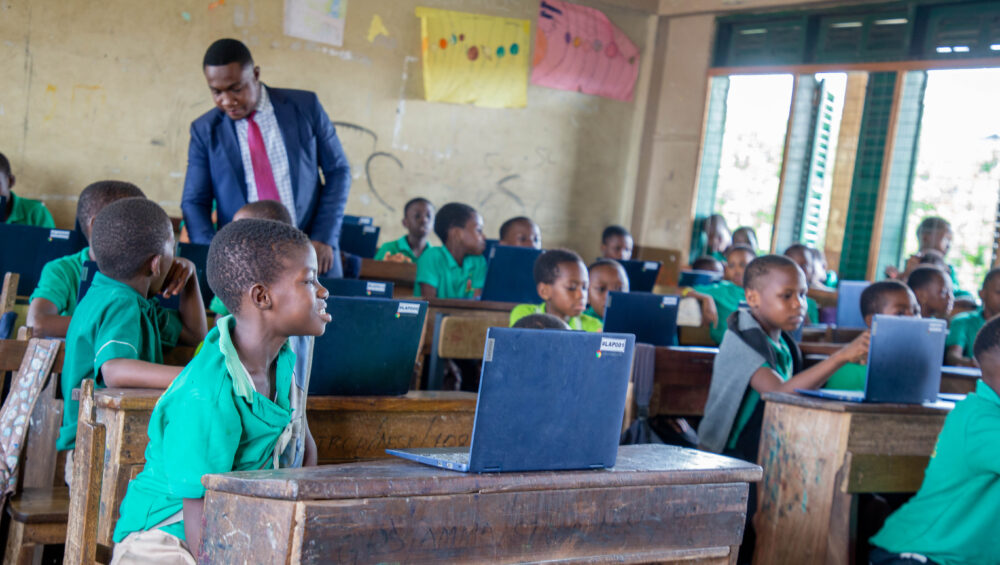In an increasingly digital world, technology literacy has become a cornerstone of modern education. At St. Theresa’s School in Asawase-Kumasi, this trend is revolutionizing the learning landscape, empowering scholars with skills critical for their academic and future professional success.
Bridging the Digital Divide
St. Theresa’s School has recognized the imperative of integrating technology into its curriculum. By equipping scholars with essential tech skills, the institution is bridging the digital divide that often places rural and underserved communities at a disadvantage. This initiative ensures that scholars from Asawase-Kumasi can compete on a global stage.
Enhancing Learning Experiences
Technology literacy is transforming how scholars engage with educational material. Interactive learning platforms, educational software, and access to global information databases have made lessons more engaging and comprehensive. These tools cater to diverse learning styles, ensuring that all scholars can grasp complex concepts through visual, auditory, and kinesthetic learning aids.
Preparing for the Future Workforce
Incorporating technology into the classroom prepares scholars for the future workforce. Many jobs today require a basic understanding of digital tools and platforms. By becoming proficient in technology, scholars at St. Theresa’s School are gaining a competitive edge, equipping them with the skills necessary for careers in various fields such as IT, engineering, healthcare, and business.
Encouraging Critical Thinking and Problem-Solving
Technology literacy promotes critical thinking and problem-solving skills. Through coding classes, robotics clubs, and digital research projects, scholars learn to approach problems methodically and creatively. These activities encourage them to think outside the box and develop innovative solutions to real-world challenges
Fostering Global Connectivity
Access to technology also fosters global connectivity. Scholars can participate in virtual exchanges with peers from around the world, broadening their horizons and understanding of different cultures. This connectivity not only enhances their educational experience but also promotes a sense of global citizenship.
Community Impact
The benefits of technology literacy extend beyond the classroom. As scholars become more tech-savvy, they share their knowledge with family members and the wider community, fostering a culture of learning and digital fluency. This ripple effect contributes to the socio-economic development of Asawase-Kumasi.
Conclusion
St. Theresa’s School’s commitment to technology literacy is setting a benchmark for educational excellence in Ghana. By empowering scholars with the skills needed for the digital age, the school is not only enhancing academic performance but also preparing its scholars to be leaders in a technologically advanced world. This investment in technology is an investment in the future, ensuring that the scholars of Asawase-Kumasi are well-equipped to navigate and succeed in an increasingly digital global economy.






